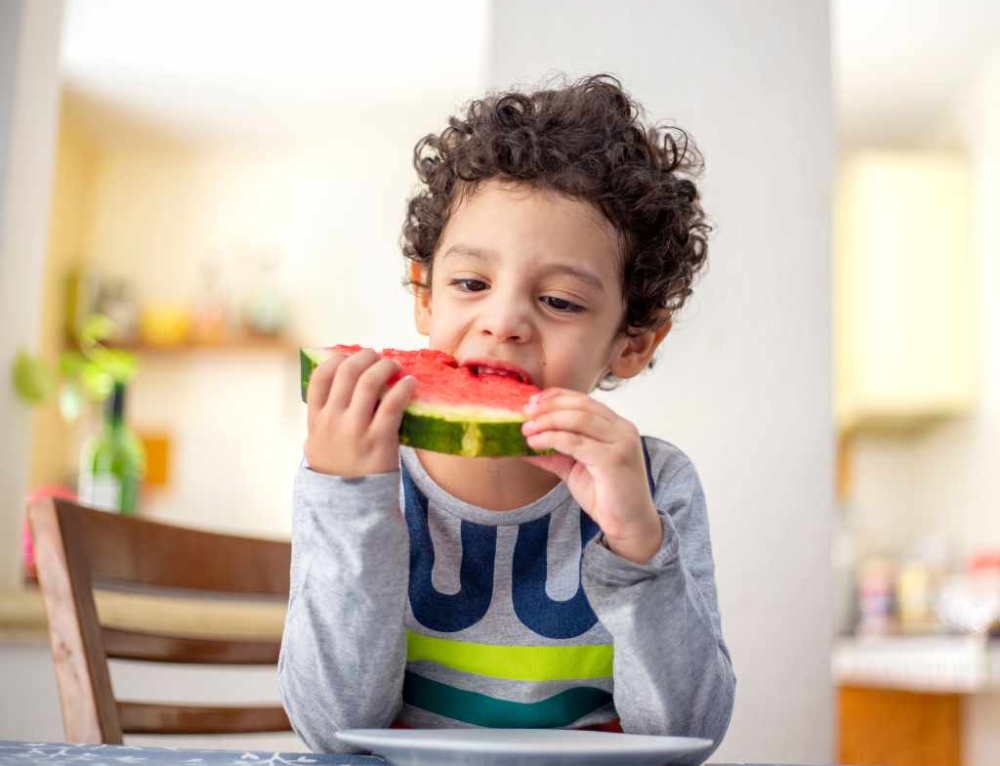Just as children reach physical milestones in the process of learning to walk, there are several important spelling milestones that a 5-6 year old child will pass through on the journey to becoming a successful speller.
All children develop differently. For some children these milestones will be reached easily as skills develop naturally, while other children will require explicit teaching. However these are the common milestones you will observe your child achieve:
A 5-6 year old is developing phonemic awareness
Phonemic awareness is the ability to hear the single sounds within words. This skill is essential for spelling development as listening skills develop prior to writing tasks.
A 5-6 year old is learning about sound letter relationships
Phonics is the knowledge of which sounds match which letters, as well as knowing that single sounds combine to create different sounds. This awareness is just developing as children learn the letters of the alphabet.
A 5-6 year old will learn that language is broken into words
As adults it is easy to dismiss what an important milestone this is for a young child. Many children until age 5-6 do not realise that there are different words separated by spaces and that these words on a page are made up differently with letters. Tracing and copying of letters in words occurs at this stage and is important for consolidating visual memory skills in young children.
5-6 year olds are phonetic spellers
Phonetic spelling is spelling words exactly as they sound, for example love =luv or Elephant=LFNT. Rather than be concerned, celebrate these initial attempts at spelling as these efforts show a child’s developing phonemic awareness.
5-6 year olds use invented spelling
Children at this level understand that writing is purposeful and may have realised some simple spelling patterns exist. Children will attempt to invent words as they develop a sense of confidence and pride in their writing attempts. Encourage ‘inventions’ As they are a good representation of a child’s understanding of phonics.
5-6 year olds will leave out vowels
Spelling cat as ‘ct’ and dog as ‘dg’ is another significant milestone in this age group. Consonant sounds in the initial and final position within words are easier for children to hear. Vowel sounds in English are more challenging and are not yet expected in a child’s spelling attempts.
5-6 year olds will learn to spell their name
Children at this age are fascinated by names and personal differences. Highly motivated most children will learn to recognise the letters in their name and through repetition in the classroom learn to spell their name. Students will several vowel combinations will reach this milestone towards the end of this age group.
5-6 year olds will use environmental print to assist their spelling
At this age with spelling and writing skills blossoming, children will look for examples of print in their environment to copy. This is a sign that the child is searching to make connections between sound–letter patterns and their own writing.
Children enjoy finding their names and everyday words such as days of the week, colour words and items in the home such as beds in language, signs and print around them.
5-6 year olds will learn to spell simple, common CVC (consonant-vowel-consonant) words. Once children are listening carefully and have a good understanding of sound-letter correspondence they will begin attempting simple CVC (consonant-vowel-consonant) when writing. Children will have learned that vowels do belong in words and may attempt to use them.
Commonly spelled words at this stage are mum, dad, bed, pig, cat, pet, sit.
A 5-6 year old will reverse letters
Letter reversals such as ‘b – d’, ‘q-p’ are common when spelling skills are emerging. There is debate as to the reason however it is very common and is a milestone that is significant as children learn through their mistakes and by being able to recognise when a word ‘looks’ the same as modelled spelling and when it looks ‘wrong’. There is no need to be alarmed rather concentrate on tracing and copying activities presenting many opportunities to practice.
Important note
Spelling at this age does not occur in isolation. Your child’s spelling can be best supported by reading regularly and by modelling writing and spelling for children at home.
This article was written by Michelle Barrington for Kidspot, New Zealand’s leading education resource for parents. Michelle is a teacher and mother who blogs at Gee, You’re Brave.







Leave A Comment
You must be logged in to post a comment.